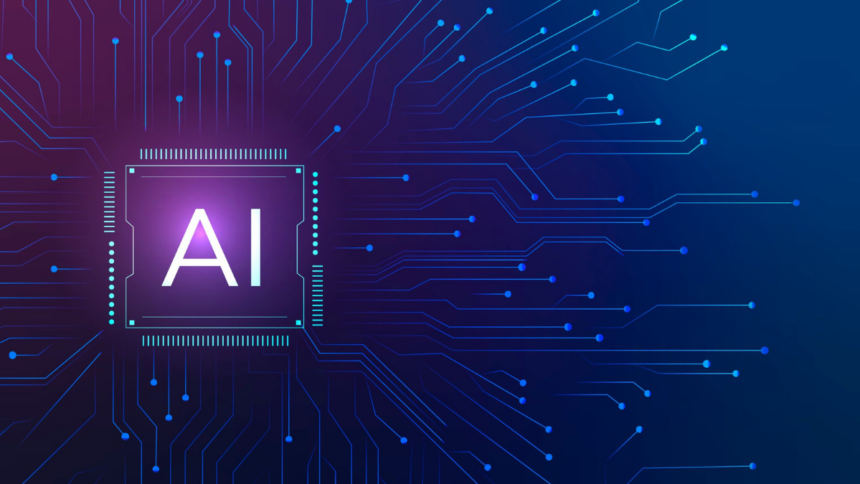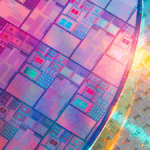AI agents represent a significant evolution in the artificial intelligence market. Unlike general AI, which requires more specific commands and inputs to function, AI agents are designed to solve complex problems with minimal human intervention. These intelligent systems can operate autonomously, making decisions and adapting to different scenarios.
In This Guide, You’ll Learn:
- The Difference Between Generative AI and AI Agents
- Real-World Applications of AI Agents
- How AI Agents Are Already Being Used by Major Companies
Discover how AI agent technology is shaping the future and transforming industries!
What is the difference between AI Generative and AI agents?
General AI, also called Generative AI, powers models like ChatGPT, Gemini, and DALL-E. Its primary function is to create new content—whether it’s text, images, or videos. In addition to content generation, it can also assist in decision-making, among other applications.
However, Generative AI requires user input to produce results. It is trained on vast datasets, learns patterns, and generates outputs based on its training. This makes it highly effective for content creation but limited in autonomous decision-making.
On the other hand, AI agents specialize in decision-making based on their environment. These systems can understand context and act independently to achieve specific goals. A great example is autonomous vehicle technology—AI agents analyze real-time traffic data and make crucial driving decisions, such as when to accelerate, brake, or honk.
As sales and AI specialist Matheus Weigand explains:
“Generative AI is excellent for content creation, but it doesn’t make autonomous decisions or take action on its own. It still requires human input to guide its outputs.”
It’s also important to note that Generative AI can be integrated into AI agents—for example, in customer service chatbots, where it generates responses based on existing databases. This combination enhances the capabilities of AI systems across various industries.
Application Example
Imagine an e-commerce platform using a Generative AI chatbot for customer support. While it can answer questions based on its database, its responses are limited—it lacks awareness of external factors and user-specific context. This often results in a less personalized experience.
Now, consider the power of an AI agent in the same scenario. Instead of simply retrieving information, an AI agent can function like a virtual sales assistant, recognizing customer emotions, tracking preferences, and maintaining context across interactions.
For example:
- With a Generative AI chatbot, if you ask for “trail sneakers,” it would provide a generic list of available options.
- With an AI agent, you could ask for “everything I need for a hike in [specific location],” and it would offer tailored recommendations, considering terrain, weather conditions, and past purchases.
This ability to understand, remember, and adapt makes AI agents a game-changer in e-commerce, delivering a more intuitive and customer-centric experience.
AI agents on the market
According to Gartner, by the end of 2025, 50% of global companies will be using AI agents in their operations. Major corporations, like Amazon, have already embraced this technology to optimize key business processes. The retail giant utilizes autonomous AI systems to manage inventory, predict demand, and coordinate deliveries—all without human intervention.
In the finance sector, AI agents are revolutionizing workflows by automating reports and generating corporate insights. Executives can simply ask, “Where can we improve our processes?”, and the AI will analyze data to highlight inefficiencies and suggest optimizations.
Beyond business, AI agents can enhance daily life when integrated into smartphones. Instead of performing multiple searches and tasks separately, users can give a single complex command, like:
“Find an Italian lasagna Bolognese recipe, create a shopping list, locate the nearest grocery store, and book an Uber to get there.”
By understanding context and executing multiple steps at once, AI agents are shaping the future of automation—both in the corporate world and in everyday life.










